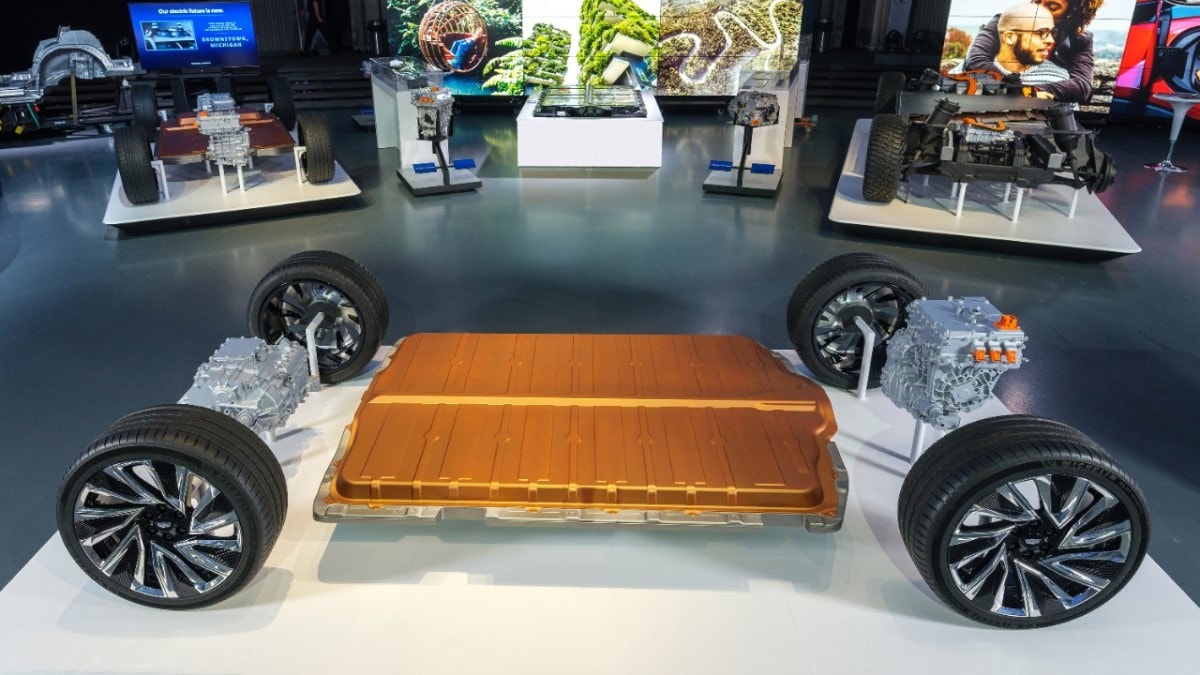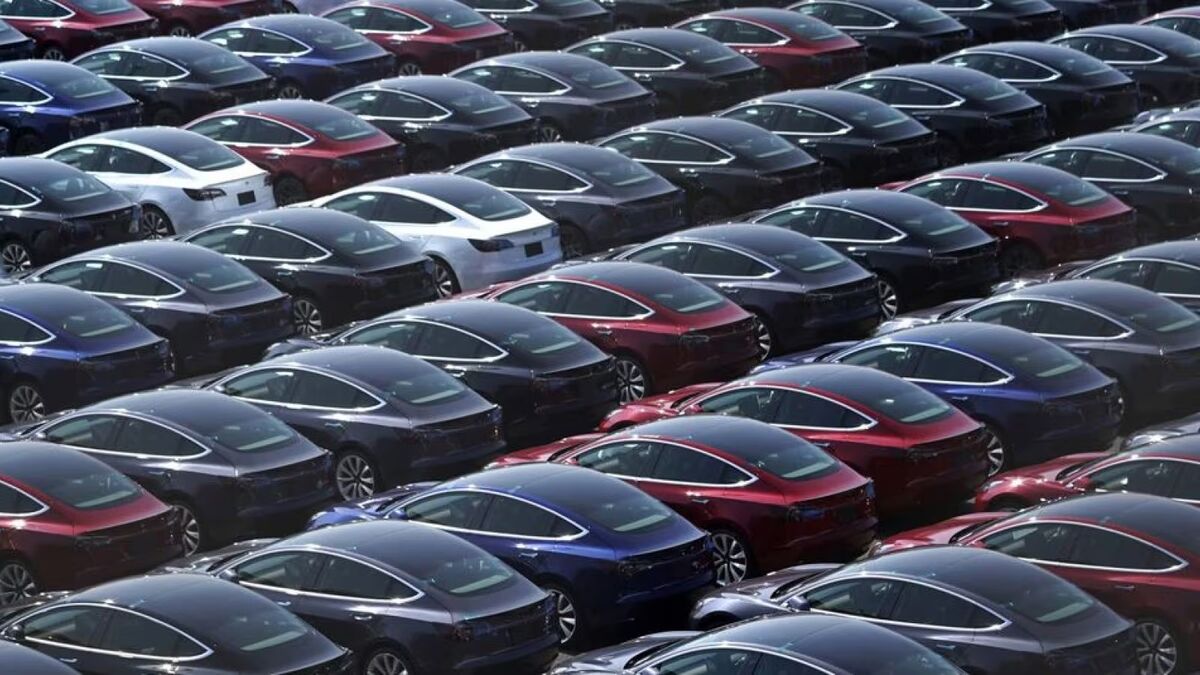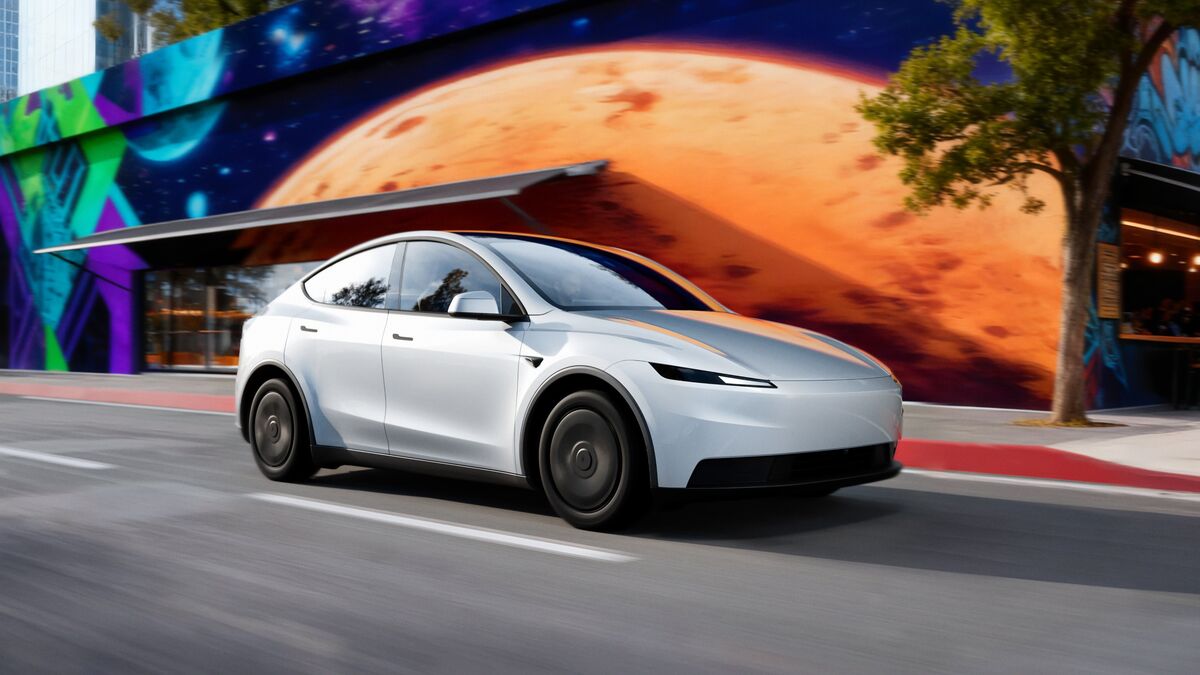Electric vehicles (EVs) are more expensive than gas-powered cars. That fact is changing as the cost of an EV’s most expensive part — its battery — rapidly crashes.
There’s still a significant price premium for going electric. The average EV buyer paid $56,371 last month – about 17% more than the average car shopper, who paid $46,644.
However, EV costs sit 2.5% lower than a year ago and 15% lower than in June of 2022. We have the crashing price of battery components to thank.
The Department of Energy’s Vehicle Technologies Office explains, “The cost of an electric vehicle lithium-ion battery pack for a light-duty vehicle declined 90% between 2008 and 2023 (using 2023 constant dollars).”
The Energy Department cites improvements in battery technologies and simple volume for the change. Technologies become cheaper to build as industries build more of them. EVs made up about 8% of all new vehicles sold last quarter, as Americans bought a record number.
That sales volume could drive more rapid price decreases over the next few years. Goldman Sachs analysts say they expect battery prices to fall 40% by 2025 from 2023 levels.
Recycling will provide much of that decrease. In a February report, Goldman Sachs said that nearly 50% of the metals required for batteries could come from recycled materials by 2040.








